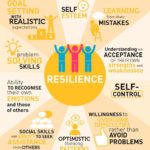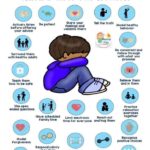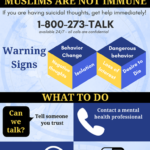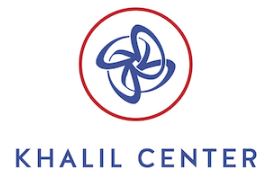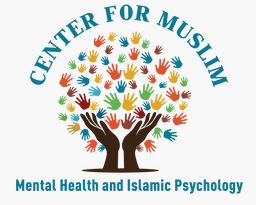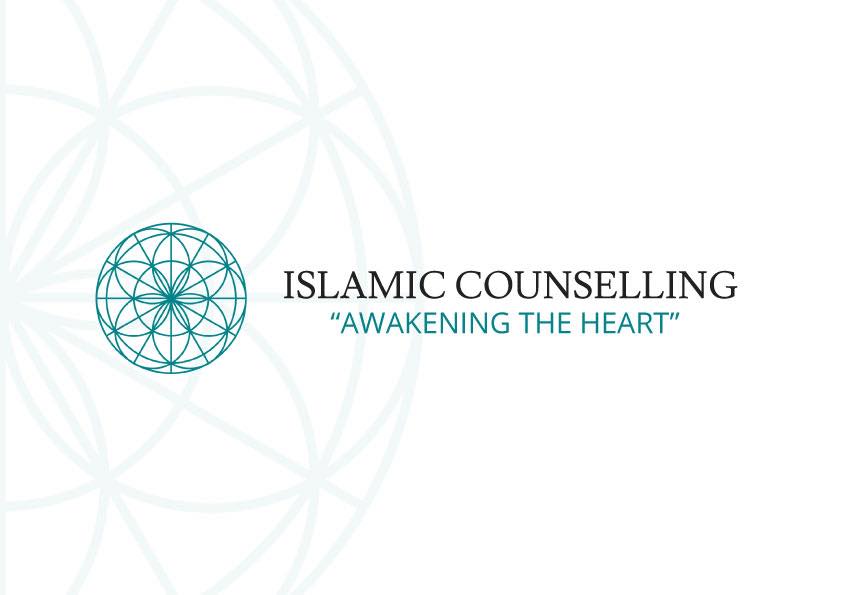Infographics & Posters
Organizations & Institutions
The Family and Youth Institute (The FYI)
The Family and Youth Institute strengthens and empowers individuals, families, and communities through research and education efforts that promote positive youth development, healthy marriages, effective parenting, and mental health and well being.
Our aim is to address the glaring mental health disparities present by engaging community members, health professionals, and religious leaders in conversation to improve mental health literacy, stigma reduction, help-seeking behavior and access to culturally competent services.
Khalil Center is a psychological and spiritual community wellness center advancing the professional practice of psychology rooted in Islamic principles.
Center for Muslim Mental Health & Islamic Psychology
Using the collaborative model, CMMHIP explores innovative ideas to help the greater community expand its reach in mental health using technology adding to the systems that already exist with culturally appropriate services with a stretch goal of also including language appropriate services.
It started with the hopes of providing information about mental health issues that is both clinically supported and Islamically sound. She works with a wide variety of Muslims from different backgrounds and knows firsthand how important such a service is to our community.
Islamic counselling is centred in the understanding that people matter; as such it is deeply spiritual and therefore personal. There are many different models of counselling, and even different versions of Islamic Counselling, but our Islamic counselling is based on the truth that there is more to human beings than what's on the surface.

